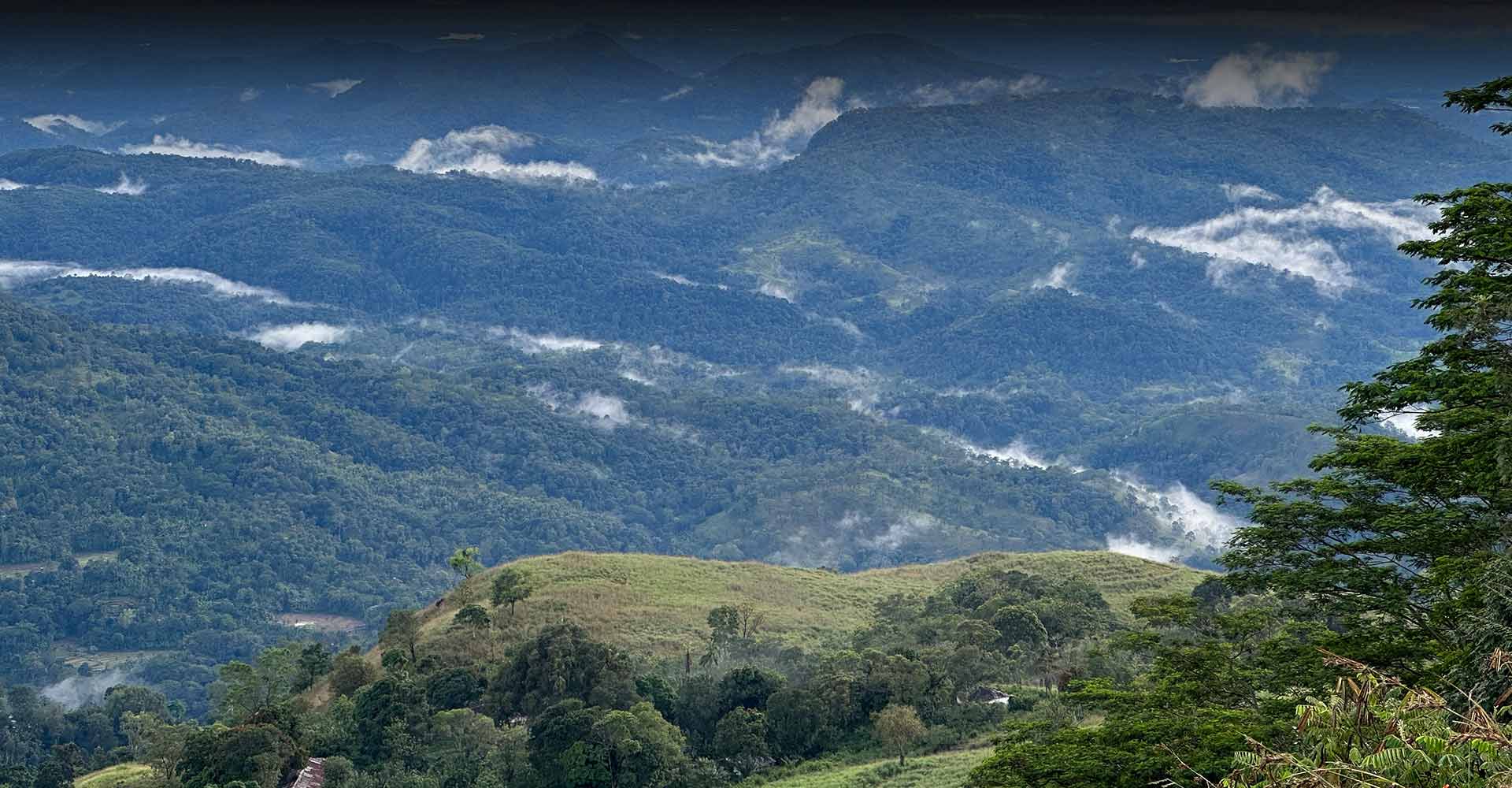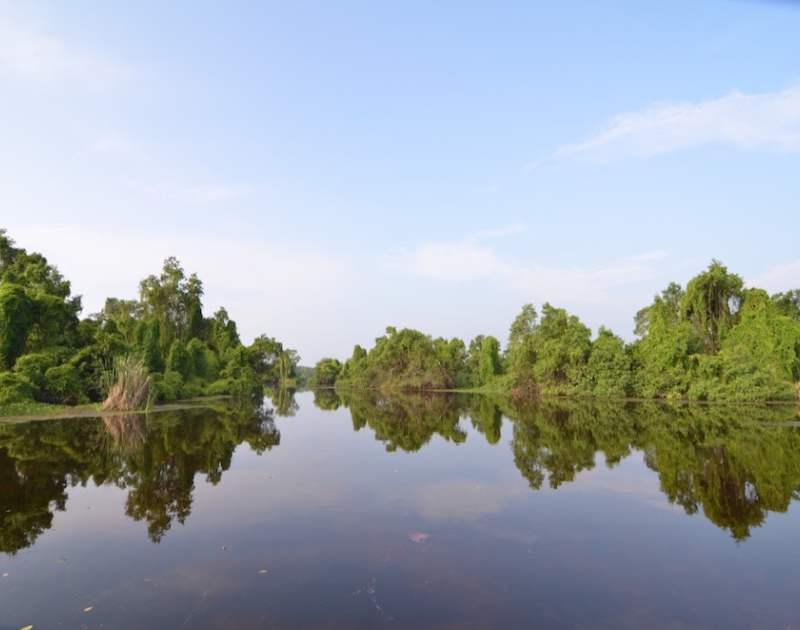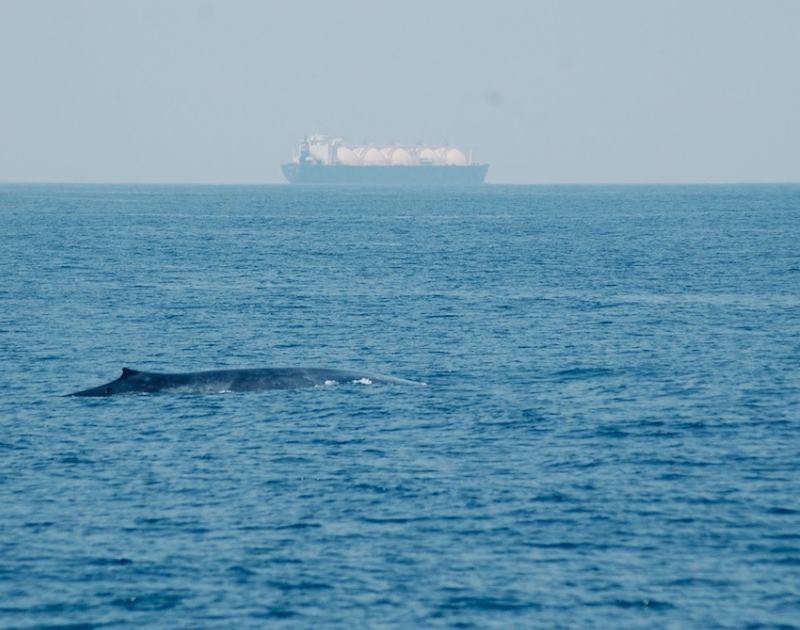
Innovative Financing for Marine Conservation in Sri Lanka
A project in partnership with Blue Resources Trust and funded by Oceans5 that unpacks relevant financing instruments for marine protected areas, educates stakeholders, and researches site-specific options.

Research and Advocacy on Environmental Integration in Financial Institutions
Research reports, articles, and knowledge sharing on how and why Sri Lanka’s financial sector should strengthen its considerations of nature

Re:Value: Advocating for a Growth Model and Metrics that Prioritises Nature
Thought leadership on changing how we measure growth (moving beyond GDP), and economic approaches and that put environmental considerations at the centre of the economy

Resetting Sri Lanka’s tourism recovery to better consider natural capital, environmental risks, and inclusion
A new research project that looks at national and sub-national issues, risks, and solutions on the nexus between tourism and nature







